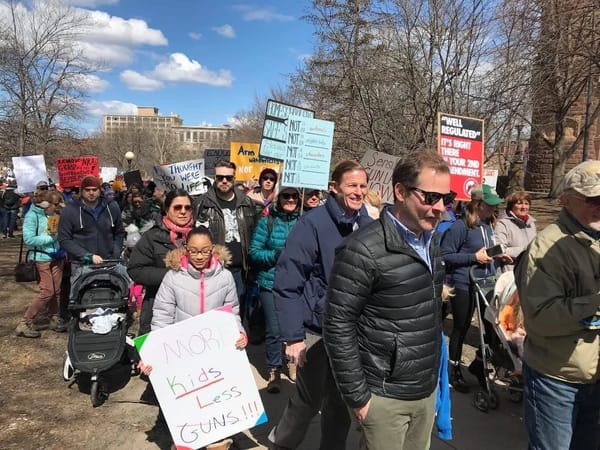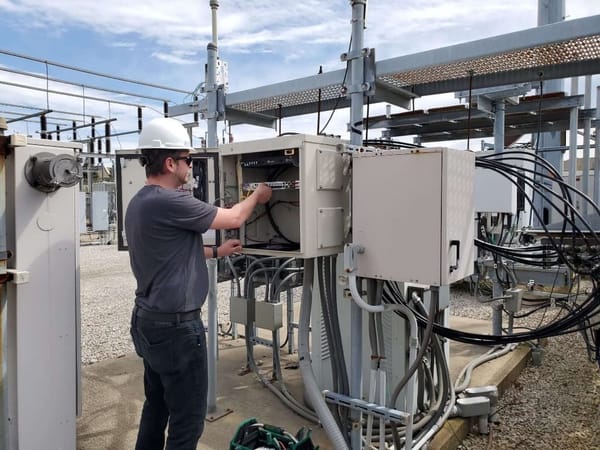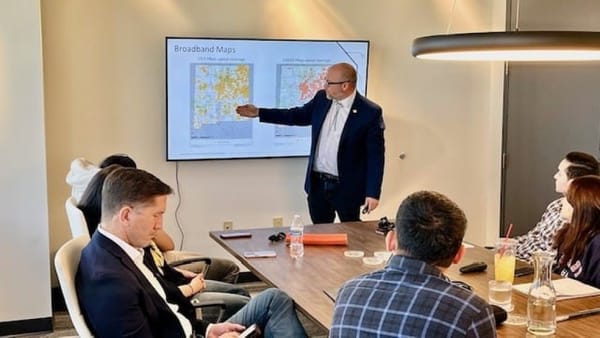Legal Scholar: Net Neutrality ‘National Nightmare’ Over
Daniel Lyons sees Sixth Circuit ruling as a win for tech and administrative law.

Daniel Lyons sees Sixth Circuit ruling as a win for tech and administrative law.

WASHINGTON, Jan. 10, 2025—Last week’s landmark decision to block the Federal Communications Commission's from exercising power to impose net neutrality has prompted another expert to weigh in on the issue.
Daniel Lyons, a law professor at Boston College and nonresident senior fellow for the American Enterprise Institute, praised the court’s decision in an AEI post Thursday.
“The decision is good news for tech innovation” and “a victory for tech policy, freeing Internet access from the shadow of overbearing regulation,” Lyons said.

Bipartisan support grows for KOSA despite implementation concerns.

FCC Chairman says he is treating all parties fairly

TDS has agreed to Everstream's six-month delay.

New Mexico, Hawaii report strong provider interest as more states move to prepare final proposals.